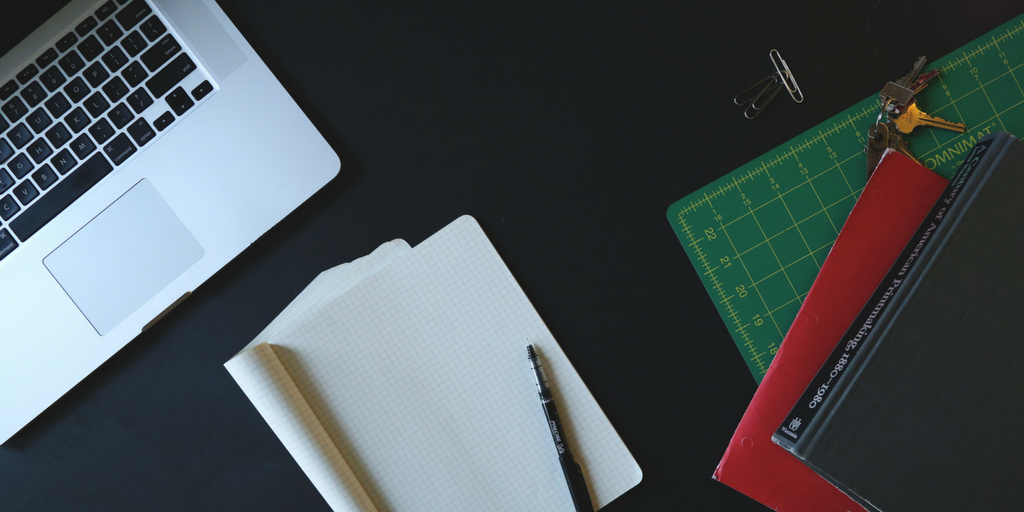Working out the budget for your project can be complicated – from considering your capital and revenue costs and figuring out VAT to working out staff costs and planning your cashflow. Read on for our top tips on what to consider when writing your budget.
Draw up a list of everything you need to complete your project, divided into capital and revenue items.
Capital costs could include:
• Construction materials, labour, tools and safety equipment
• Fees for architects/designers
• Bought equipment such as computers, staging or kitchen equipment
• Furniture
• Utility costs related to building or creating the project
• Licenses related to building the project
• Skip hire and waste removal
Revenue costs could include:
• Rent and business rates
• Event costs such as hire of stages, sound equipment or entertainment
• Marketing materials such as posters and leaflets
• Website or social media costs
• Staff costs or salaries
• Utilities costs related to running the project
• Consumables for running the project, such as stationery, raw materials for food and drink
• Maintenance costs
For larger projects, you might want to include a contingency budget for unforeseen extras. This should be between 5-10% depending on the project.
Get at least 3 quotes for major items and check the costs for smaller items with reputable suppliers. If you need to estimate costs, talk to people who have run similar projects to make sure that you are in the right ballpark.
You may be able to get some of your cost items donated, or at discounted rates. For example, you could approach suppliers, such as builders merchants, who may offer discounts for community projects.
Have you budgeted for…
• Fees for licences and planning permission
• Skip hire
• Delivery costs for materials
• Security or hoardings
• VAT
• Contingency
Thinking ahead
Make sure you have written a budget for what it will cost to run the space, not just to build it. Think about power and water bills, business rates (can you apply for rate relief?), staffing, and repairs.
Are you expecting to generate income from selling things, hiring space or providing a service? Make sure you have tested that there is enough demand and that you will be charging the right level – not too much but not too little.
VAT
Remember to account for VAT and make sure that all your quotes include VAT unless you buy from non-VAT registered suppliers. If your organisation is registered for VAT, you can claim this back but remember you will still have to pay for VAT on your purchases in the first place. VAT rules can be complicated, check with an accountant or specialist if you are unsure.
Employing people
Remember that employees (though not self-employed people) will need to be paid through PAYE so employer’s National Insurance contributions will need to be paid by you. You may also need to consider pension contributions.
Planning your cashflow
You will need to plan a cashflow that shows when in your project you expect to spend your budget. Try to map your costs against milestones – for example, starting your build, completing your build, and opening the project.
Public funding bodies often only pay out your funding after each milestone has been reached, so you will need to have some way of paying the costs up front before you receive your funding. If this is going to be a real problem for your group, talk to your funding contact to find a solution. Do not use personal credit cards to move things forward if you are in difficulties.

